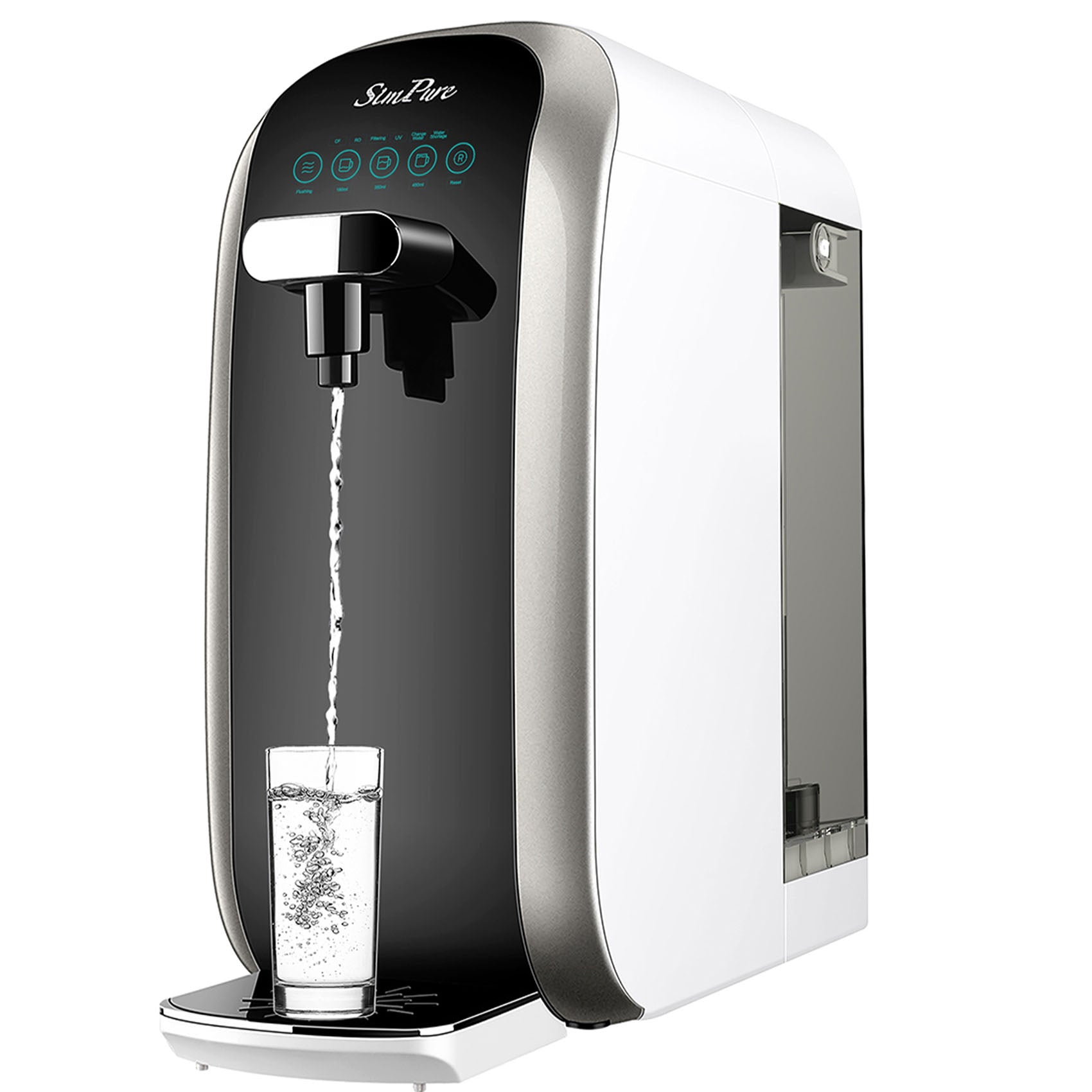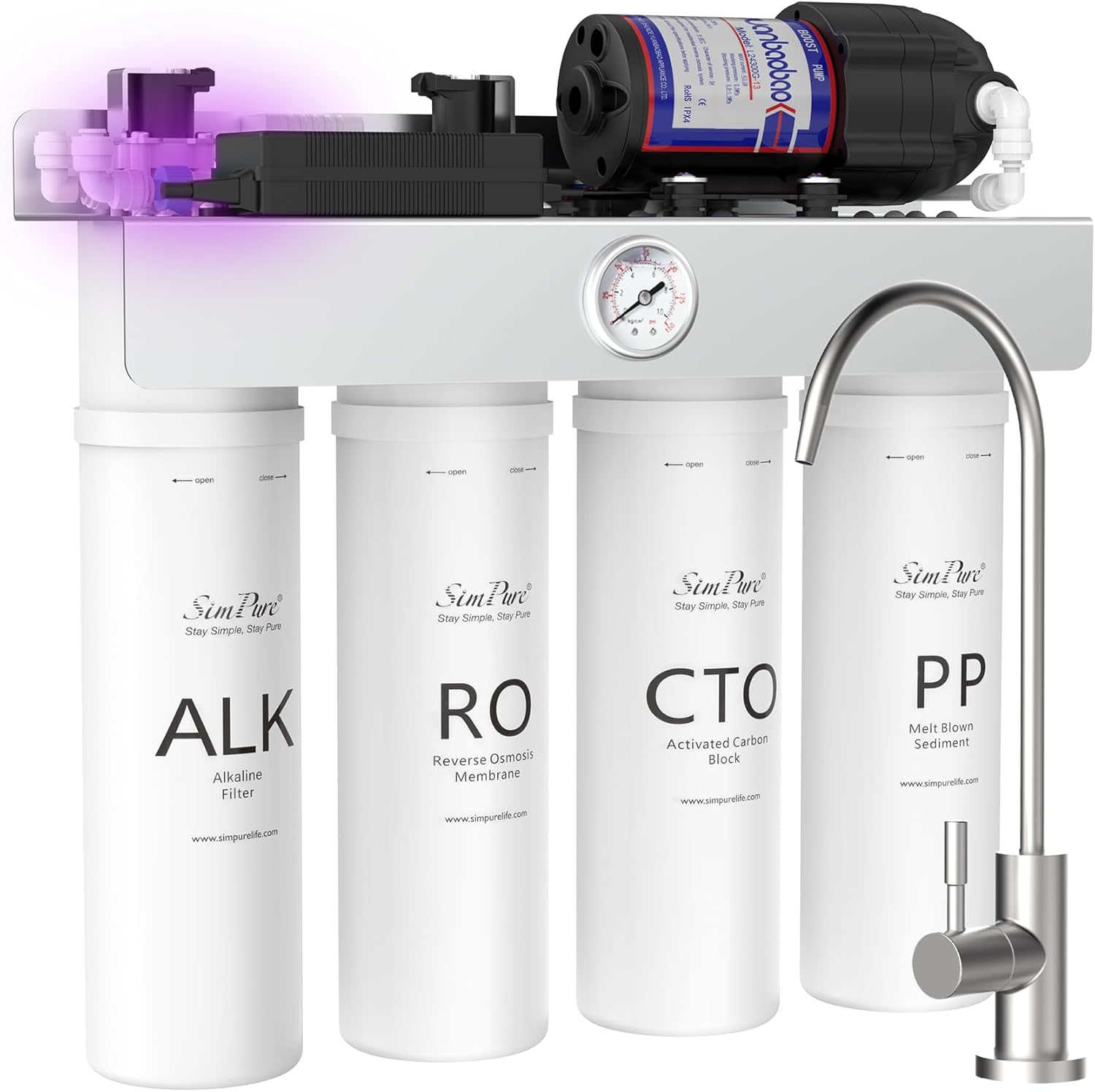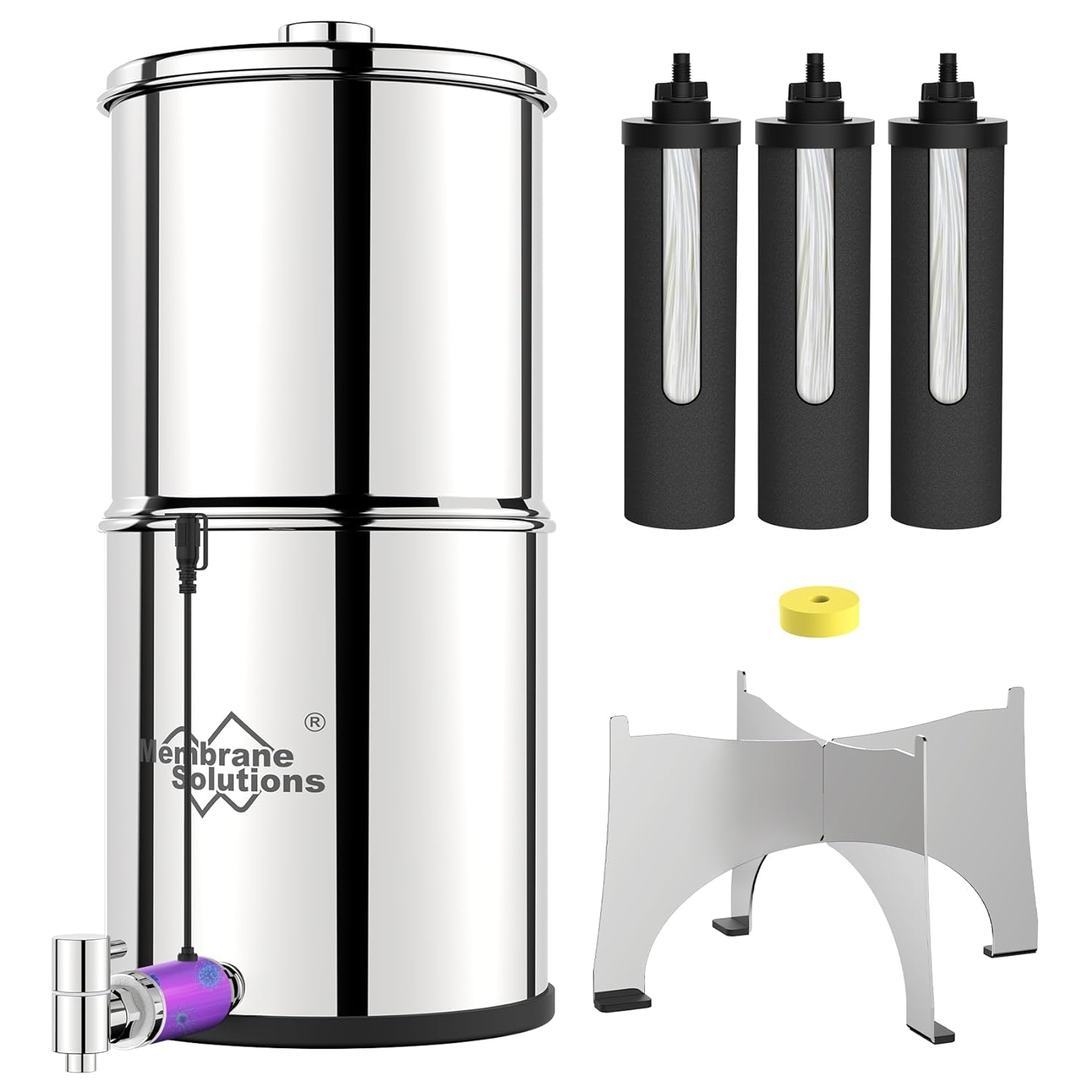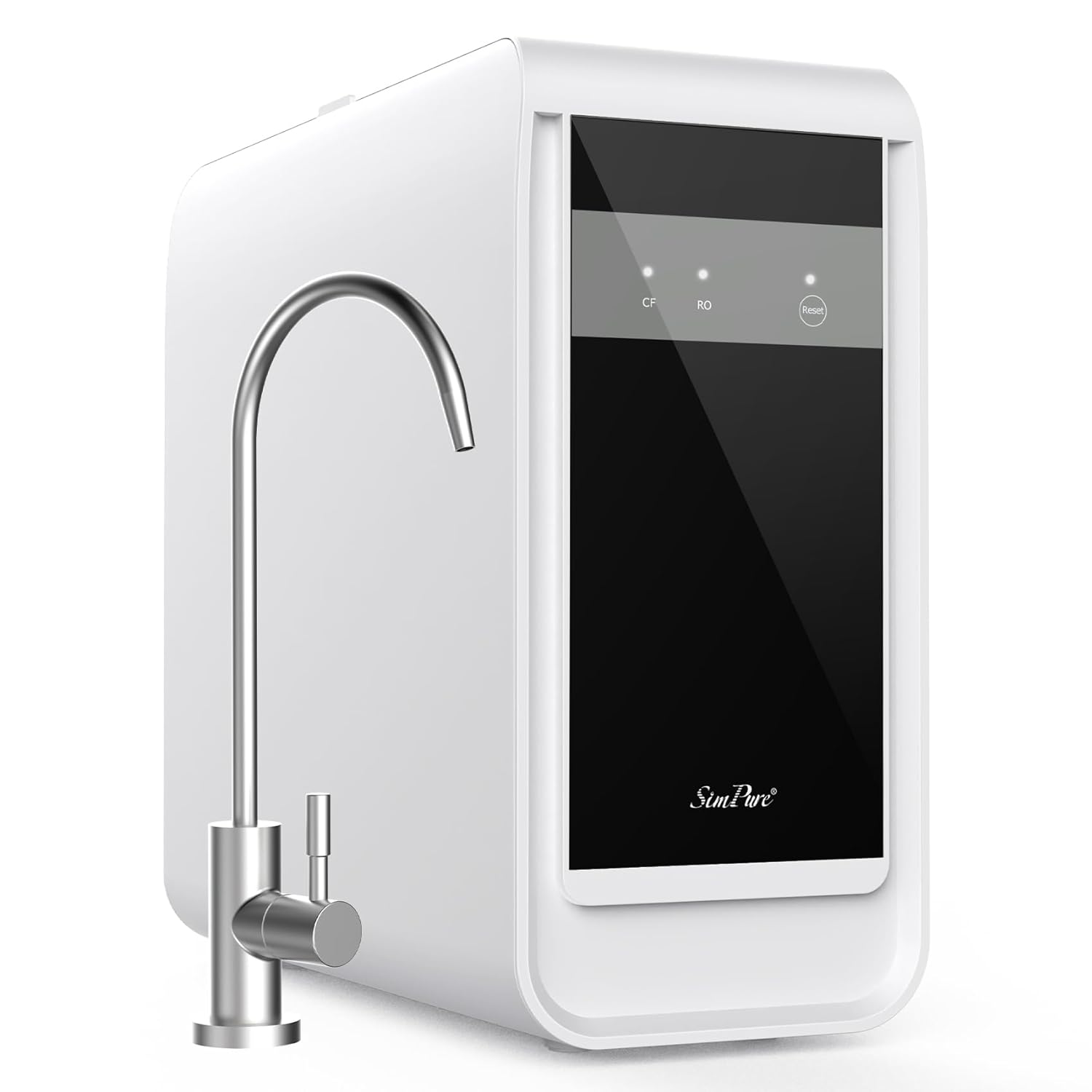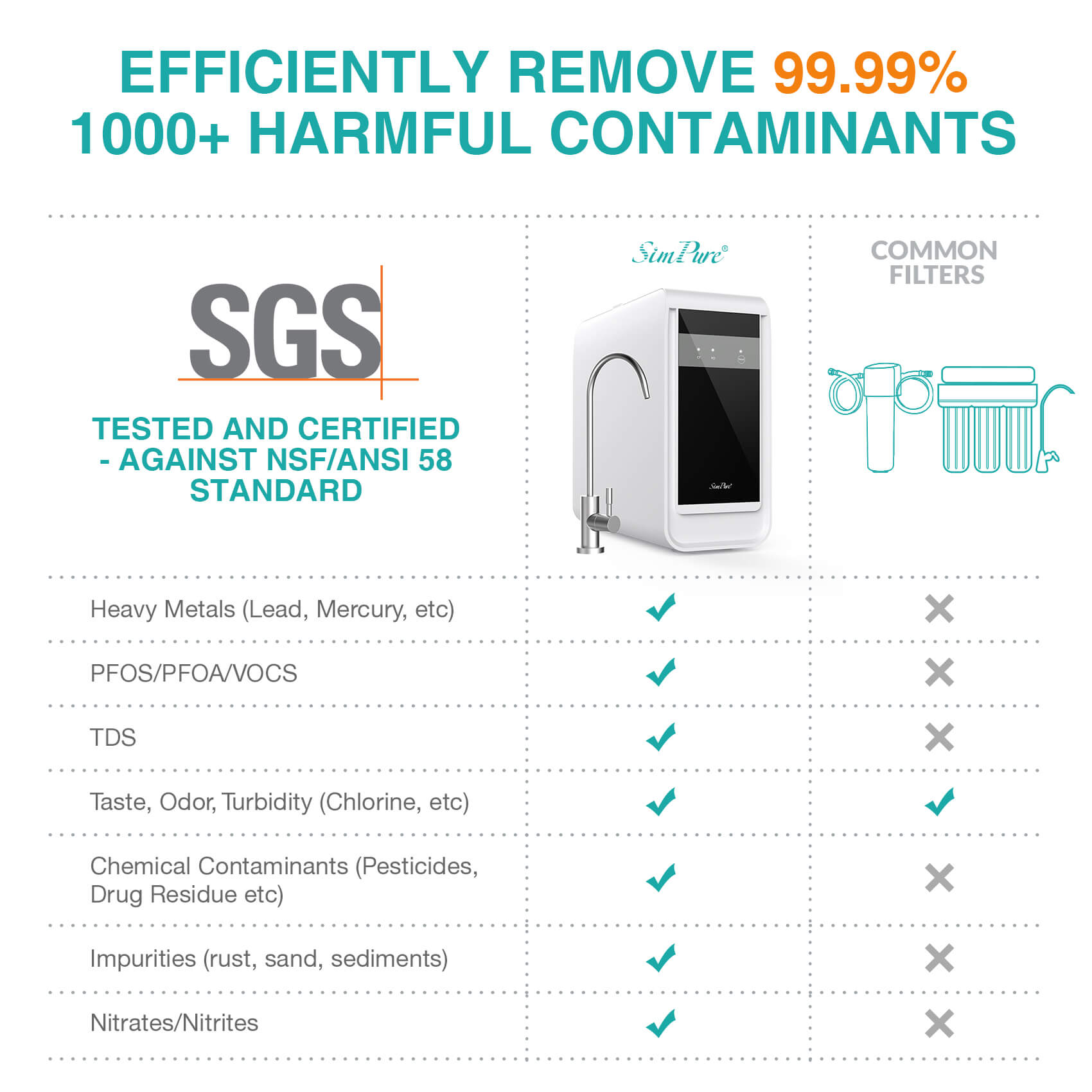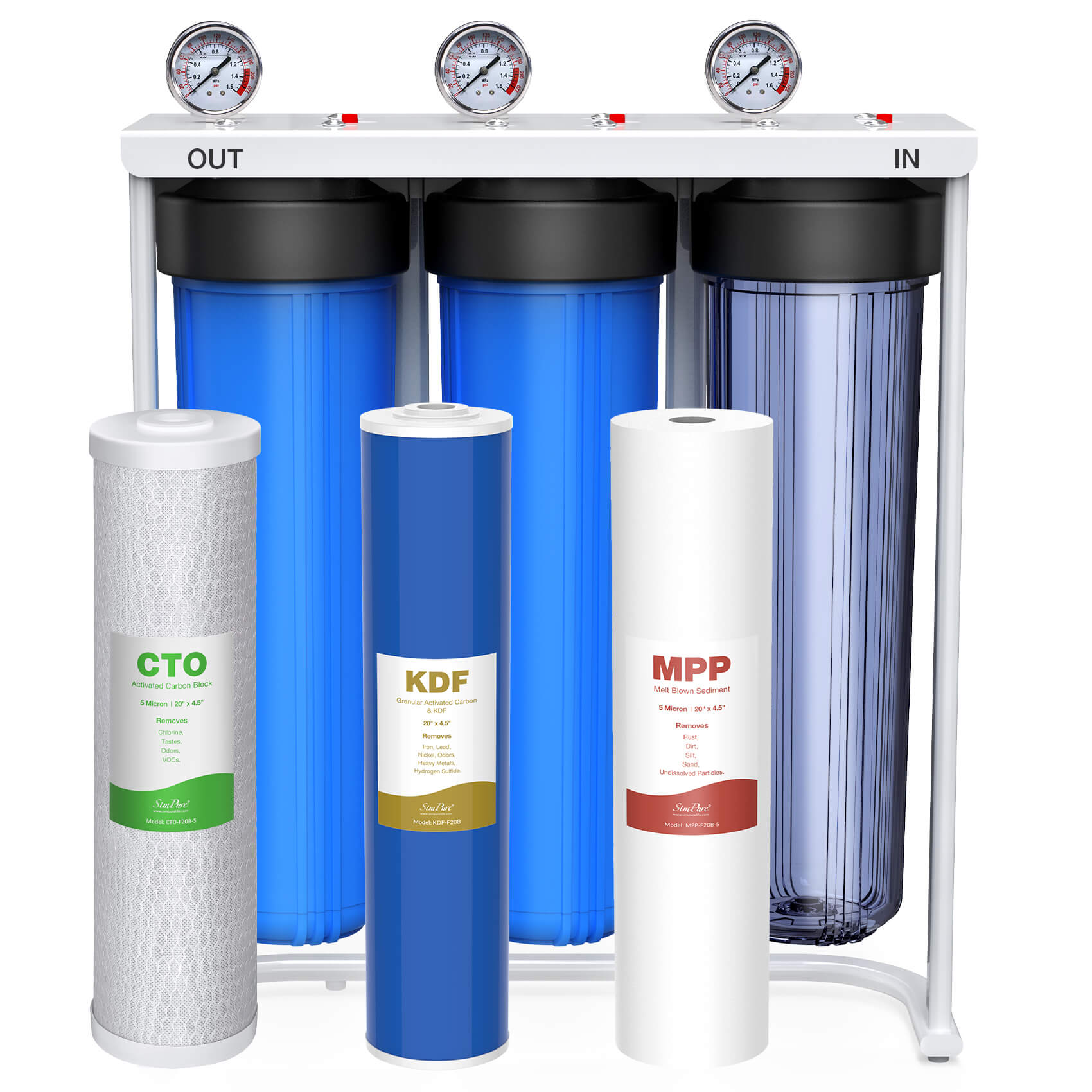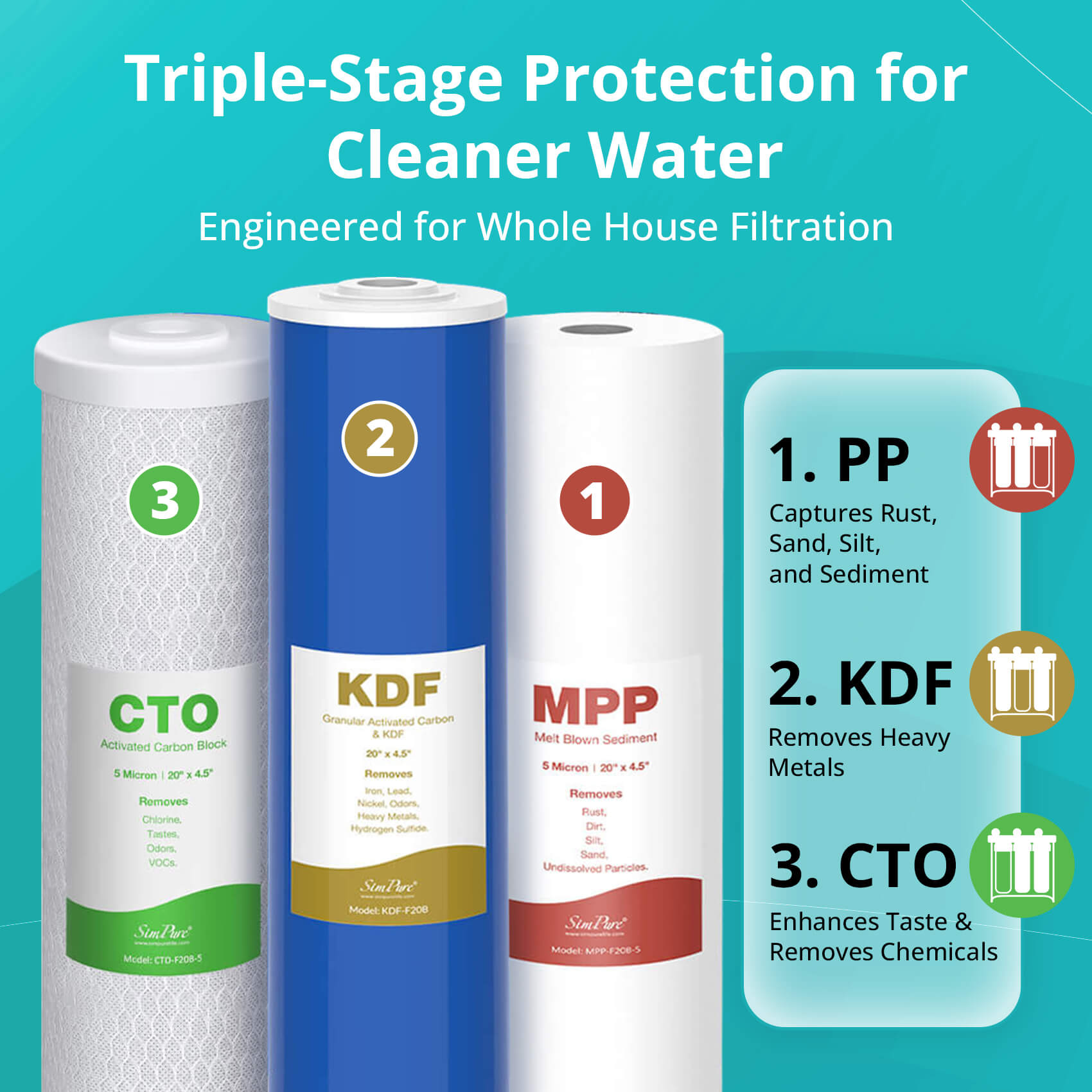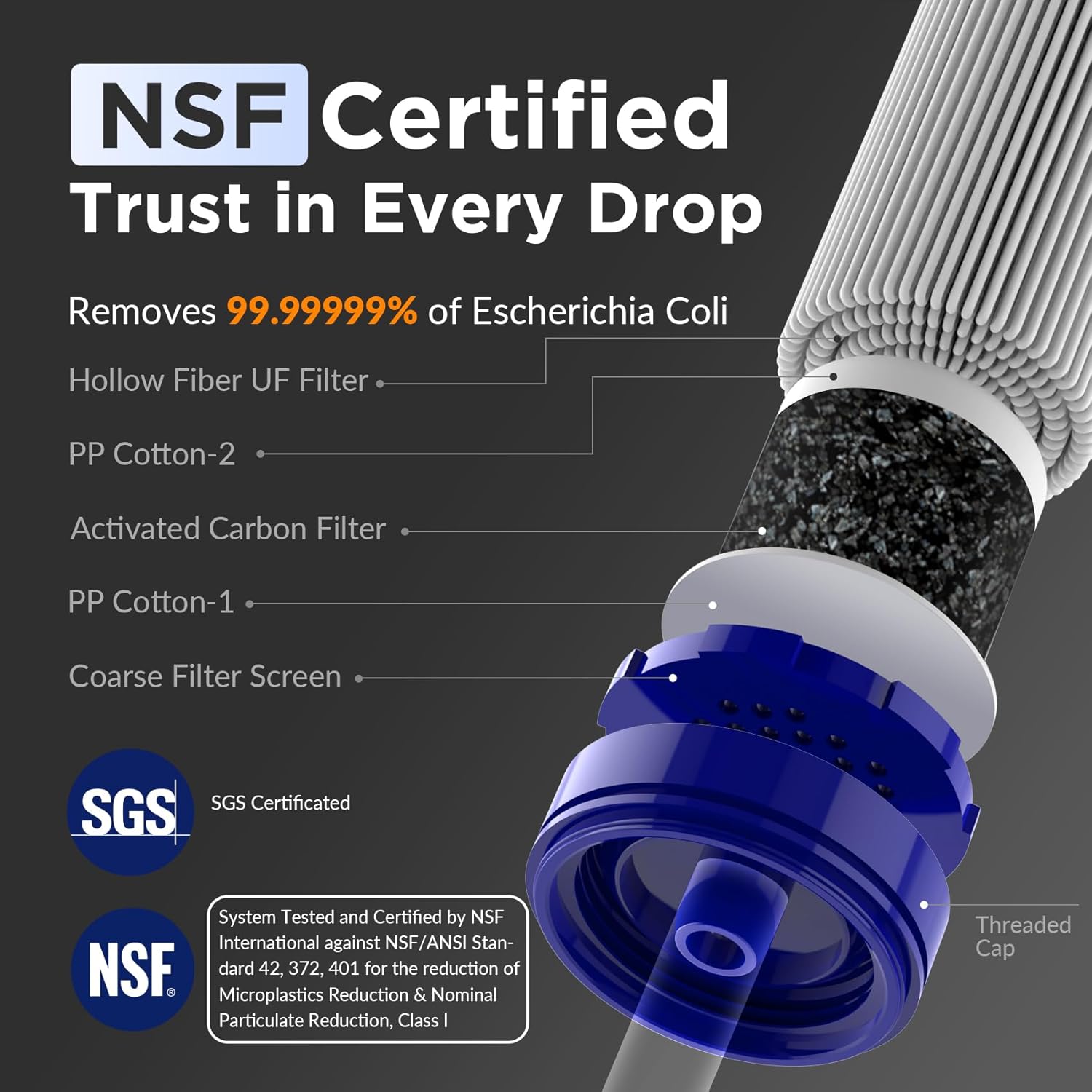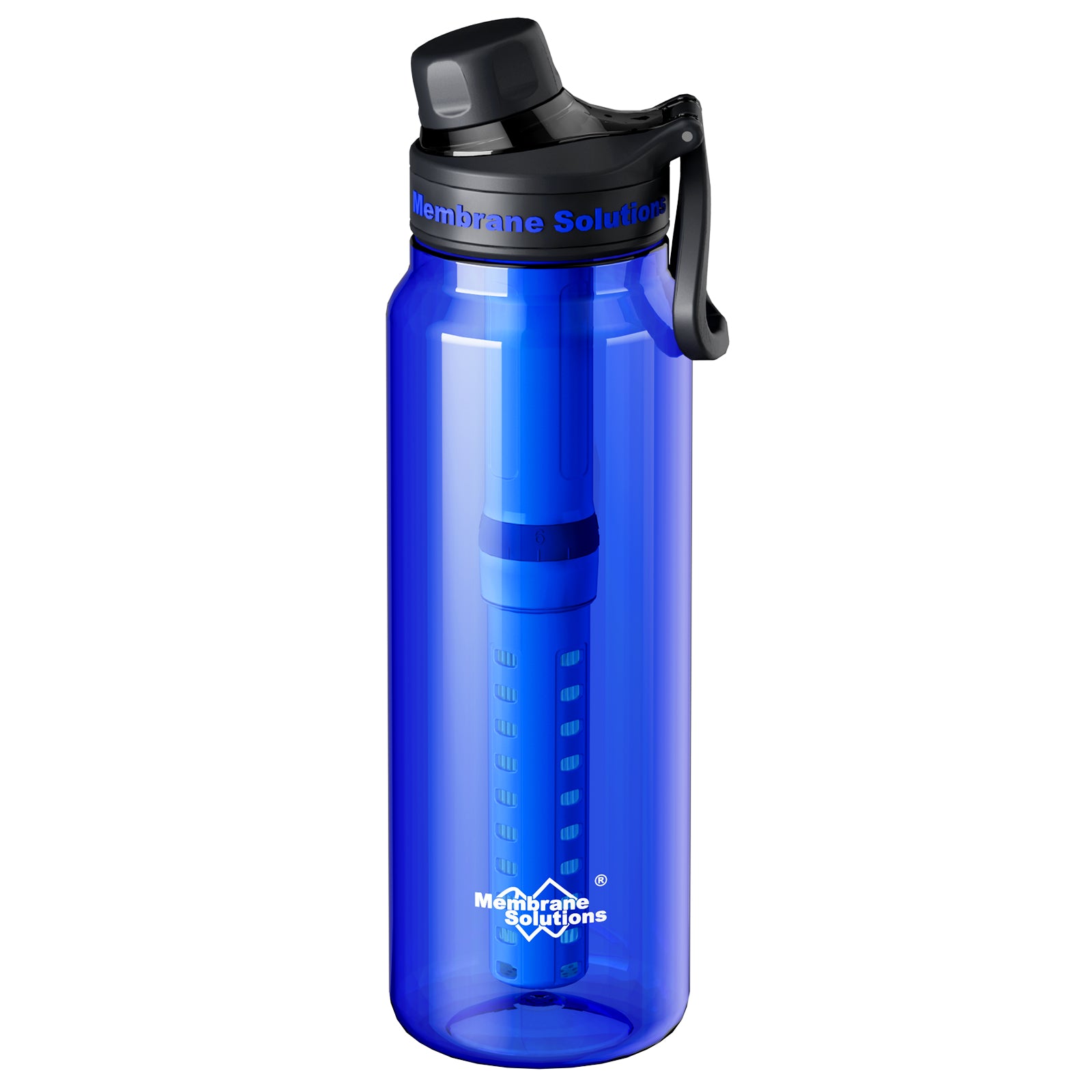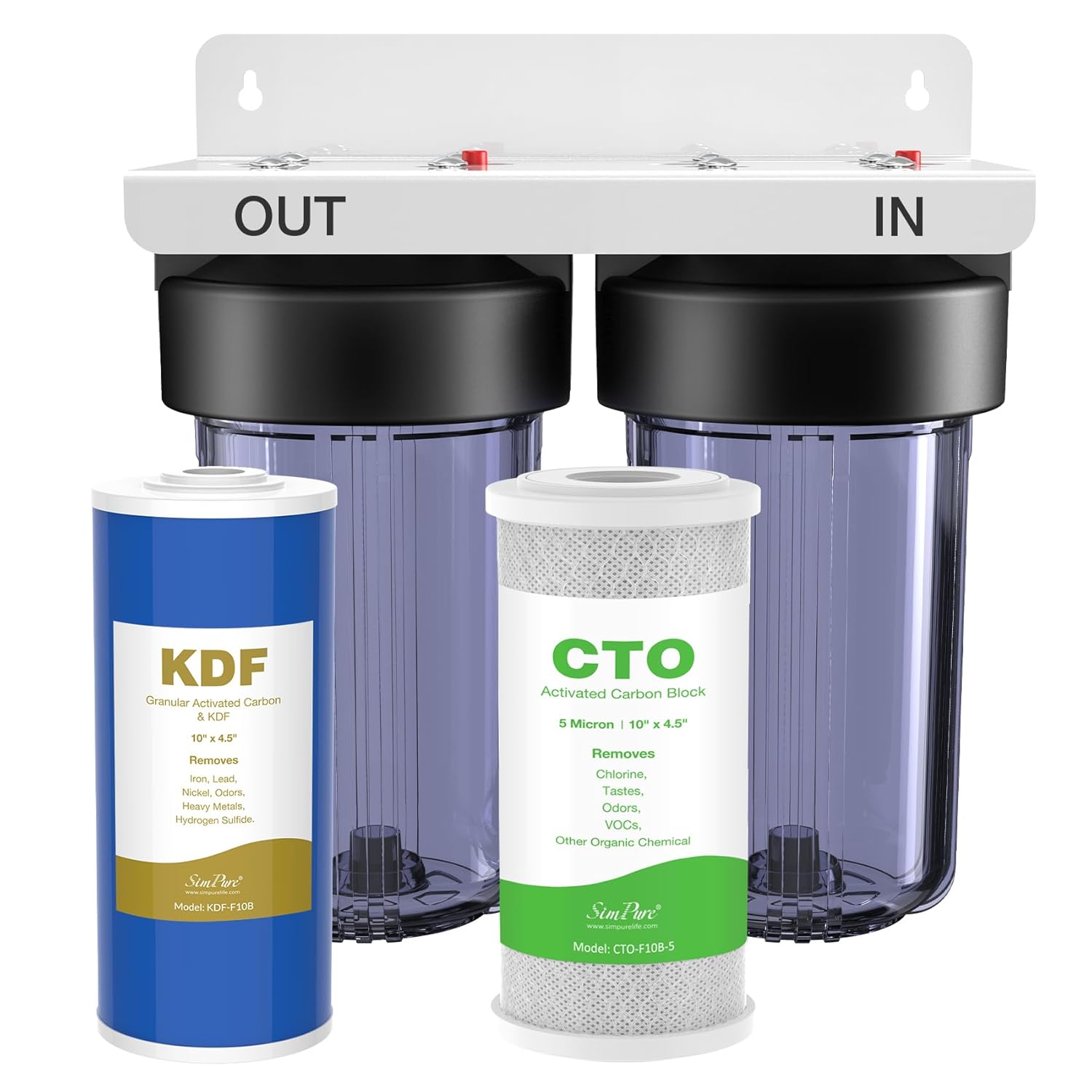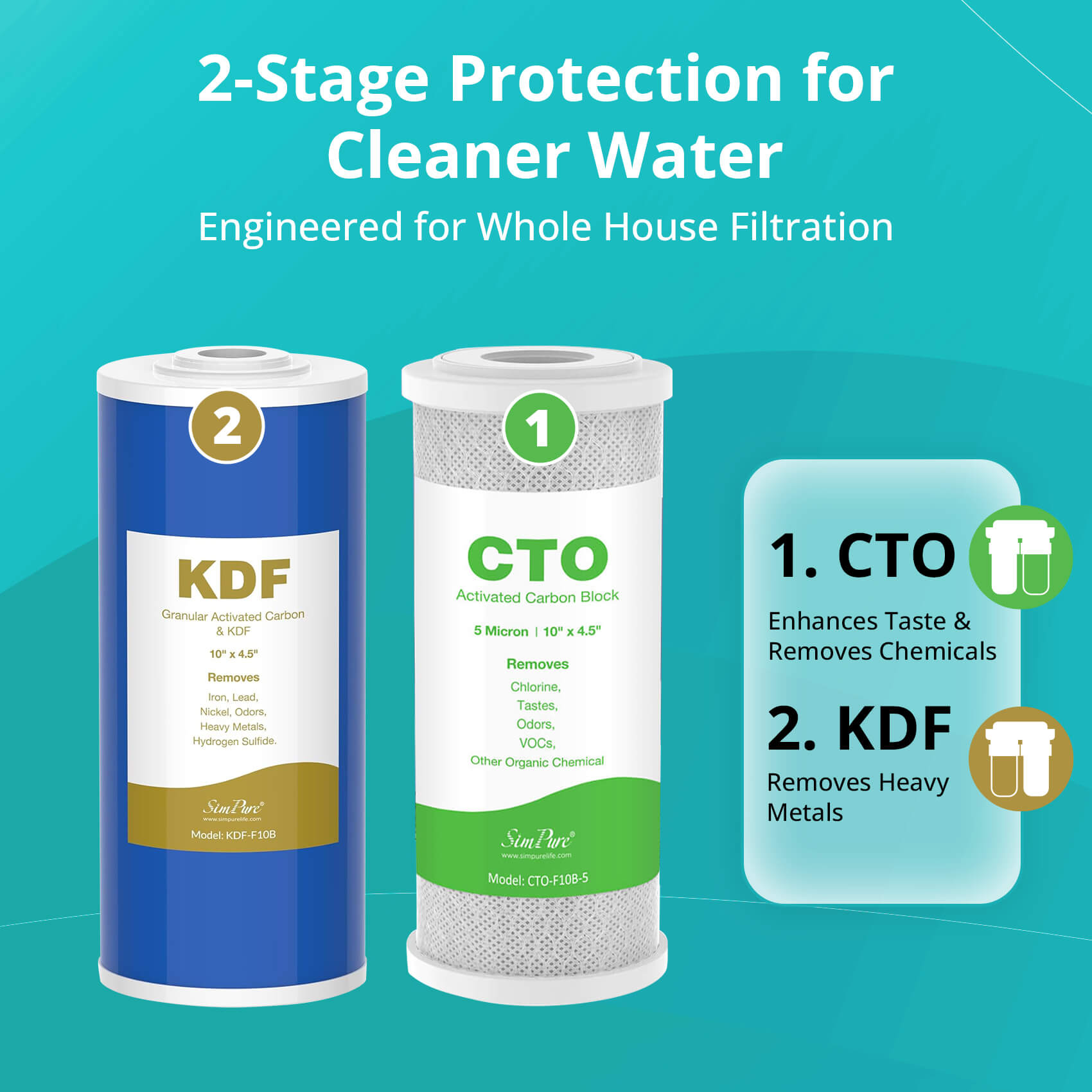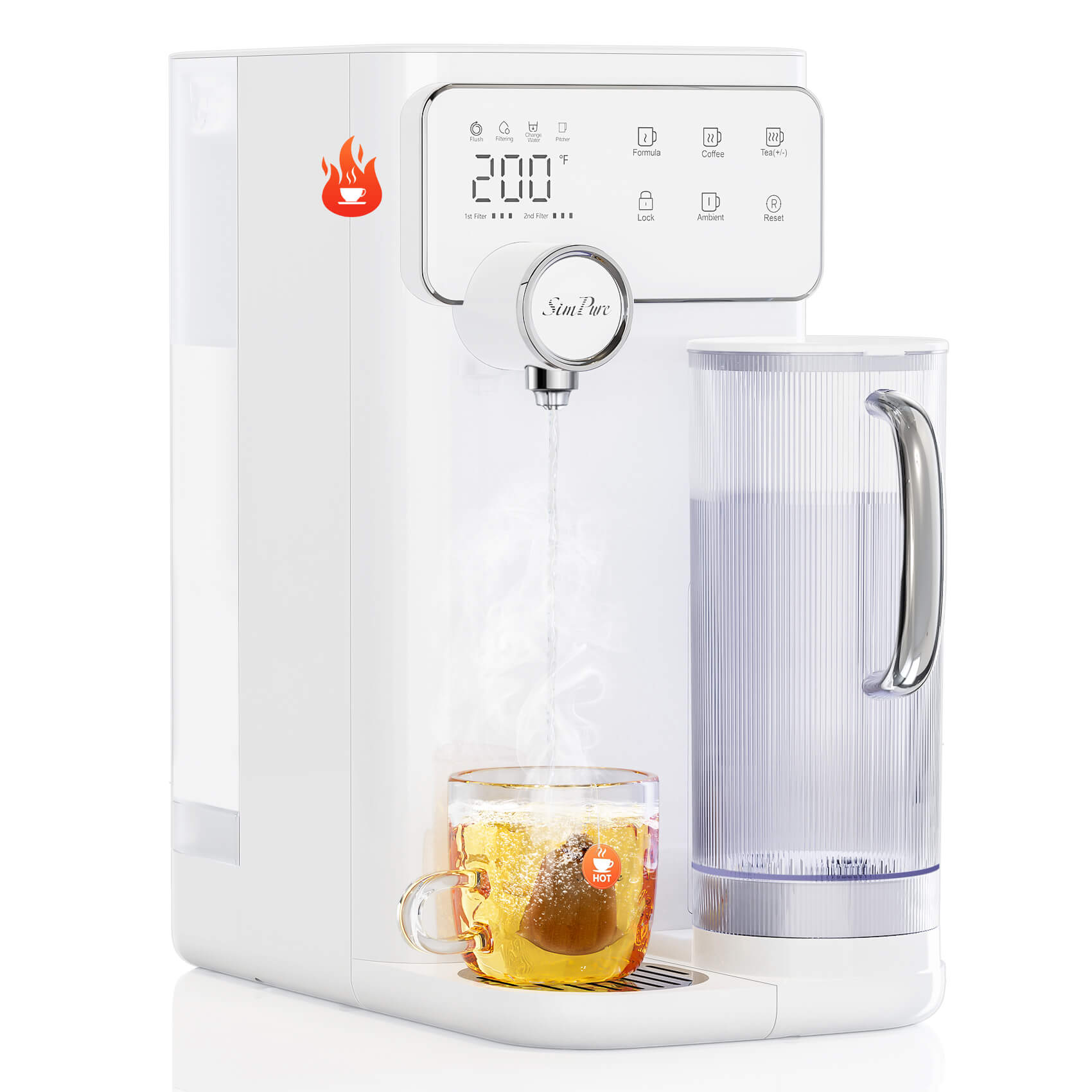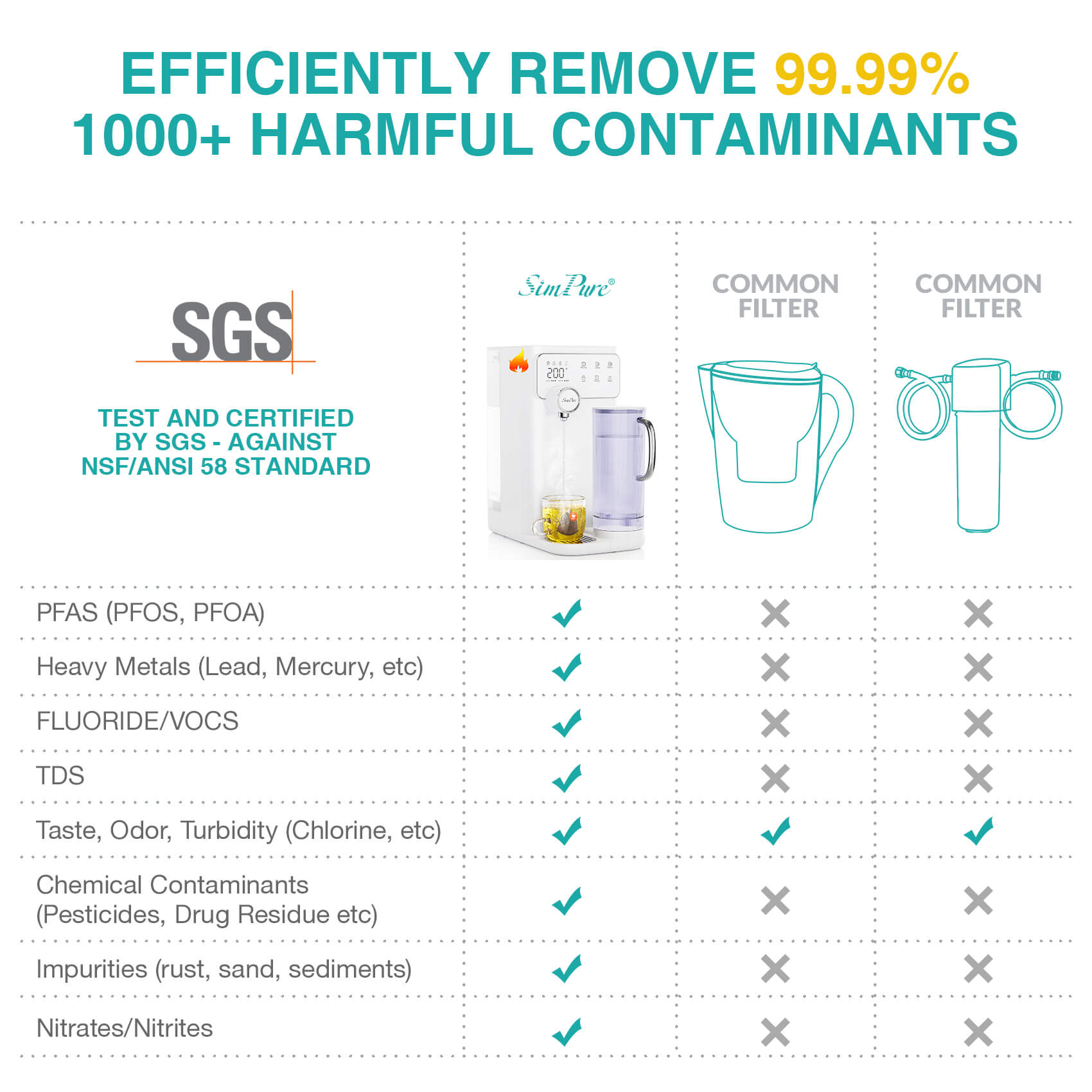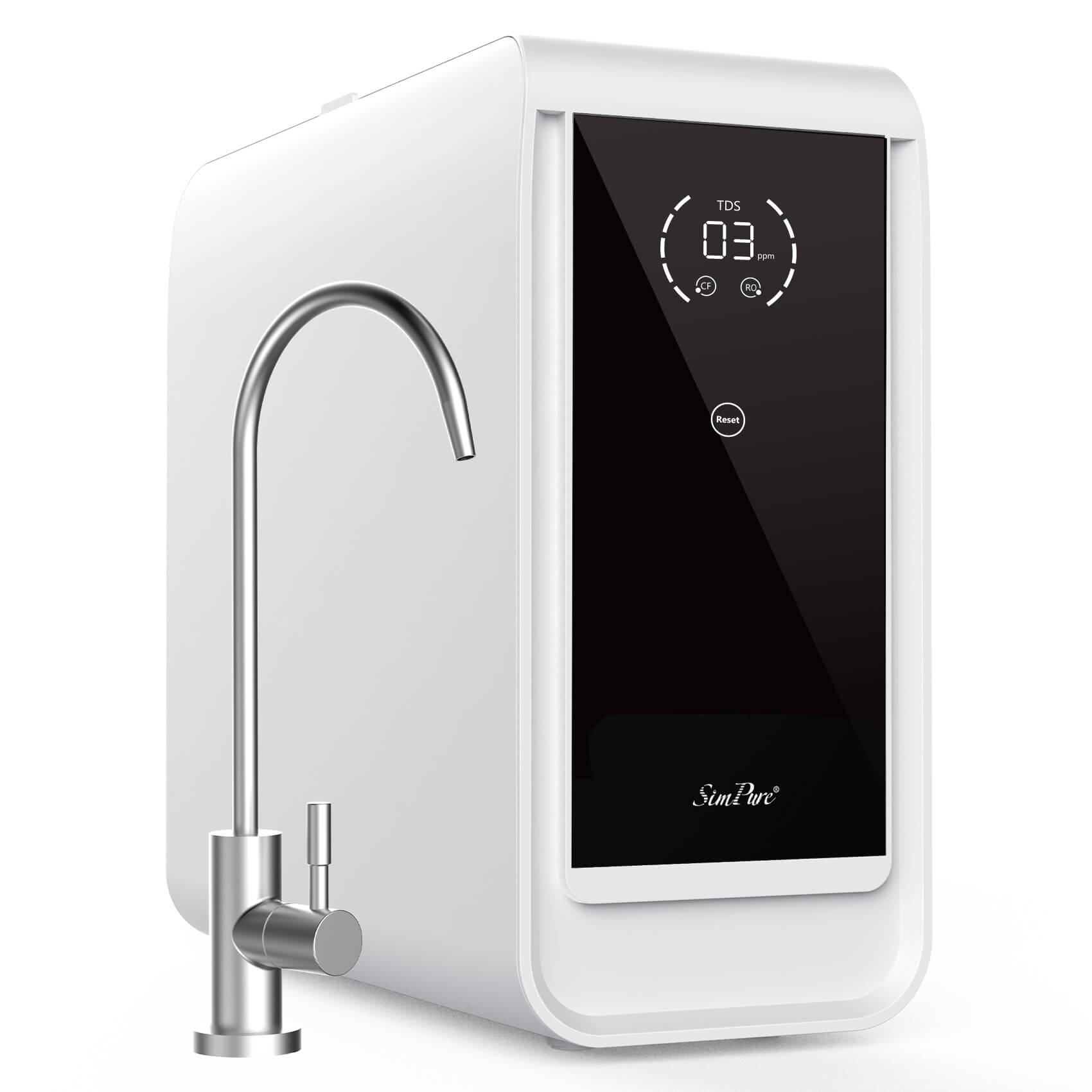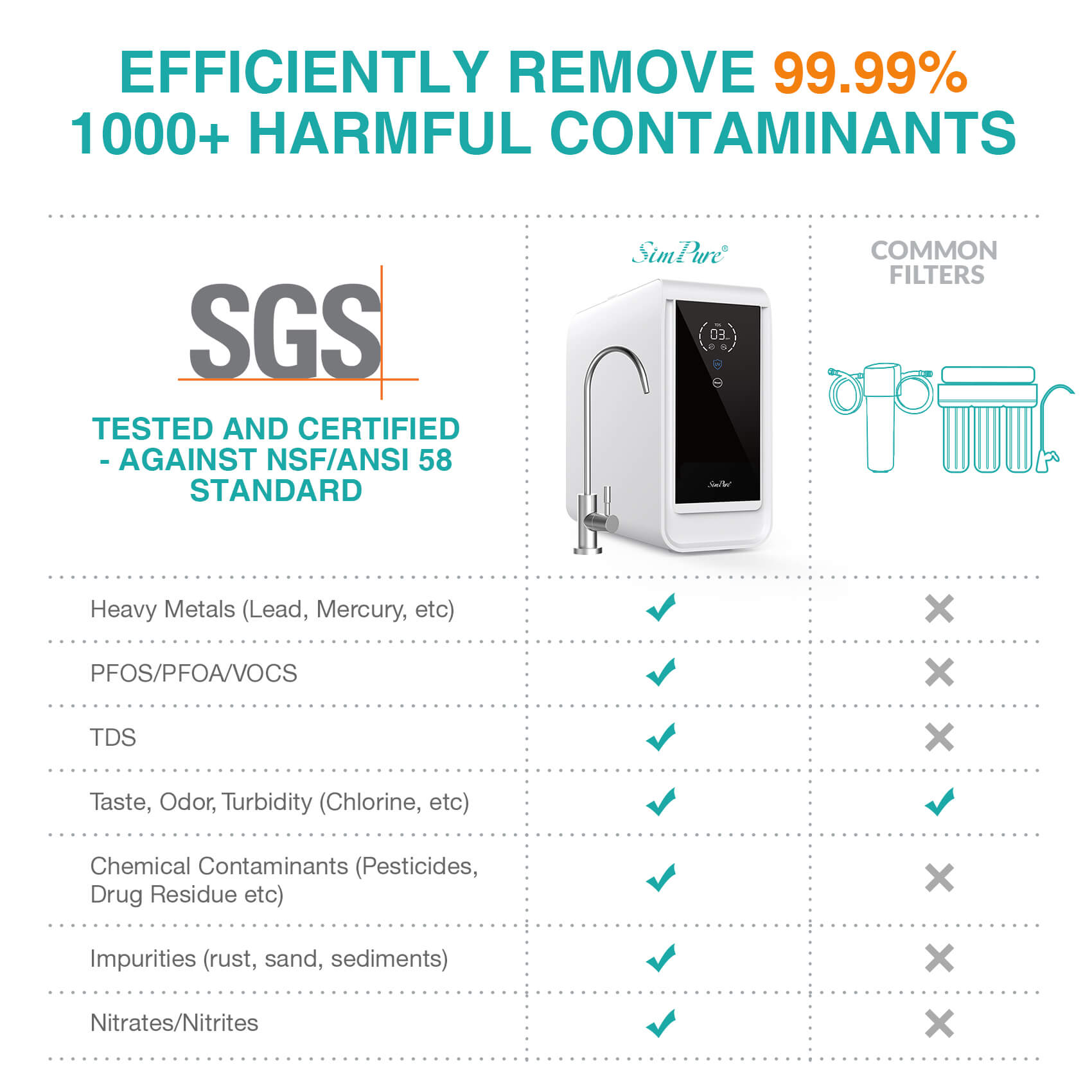Are you experiencing persistent stickiness and oiliness in your hair even after showering? This can be quite frustrating and distressing because we all expect to feel refreshed after washing our hair. In this blog, SimPure will address the common reasons behind sticky and oily hair after bathing, providing you with valuable suggestions. Additionally, we will offer practical solutions to help you achieve that fresh feeling after washing your hair.
Table of Contents
Cause 1. Washing Your Hair Too Frequently
Cause 2. Excessive Oiliness in the Scalp Caused by a Poor Diet
Cause 3. Using Inappropriate or Low-Quality Shampoo Products
Cause 4. Inadequate Rinsing of Shampoo or Conditioner
Cause 5. Accumulation of Commonly Used Styling Products like Hairspray
Cause 6. Endocrine Disorders Resulting from Lifestyle Habits
Cause 1. Washing Your Hair Too Frequently
Washing your hair too often can potentially result in increased oiliness. The hair follicles can naturally secrete sebum to maintain a healthy oil balance and promote scalp health. However, frequent hair washing removes the scalp's natural oils, causing hair follicles to ramp up sebum production to maintain the oil balance of the hair and compensate for the loss. Ultimately, it can lead to greasy and sticky hair.
Solution - To help slow down the sebum production of your hair follicles, you can consider reducing the frequency of hair washing. You can determine your optimal washing schedule based on factors like hair type, lifestyle, and scalp condition. For some individuals, washing every other day or even every few days may suffice.
Cause 2. Excessive Oiliness in the Scalp Caused by a Poor Diet
An improper diet can contribute to excessive oil secretion in the scalp, potentially leading to seborrheic dermatitis. Excessive high-fat diets, including foods like meat and nuts, can cause sebaceous gland hypertrophy, hyperfunction, and increased oil secretion. Additionally, high-sugar and highly stimulating foods can also stimulate sebaceous gland activity. As a result of excessive sebum production, the hair may feel sticky shortly after washing.
Solution - To address excessive oil secretion in the scalp, you can consider reducing the consumption of high-fat foods, as well as cutting back on sweets and spicy foods. Instead, you need to focus on incorporating fresh vegetables and fruits into your diet. It's also important to maintain a relaxed and optimistic state of mind. Additionally, using high-quality shampoo can contribute to managing scalp oiliness effectively.

Cause 3. Using Inappropriate or Low-Quality Shampoo Products
Low-quality shampoos can contribute to sticky hair because they often fail to effectively cleanse your hair and scalp, leaving behind dirt, oil, and product build-up. Additionally, certain ingredients in some shampoos may not be suitable for your hair type, further contributing to a sticky residue. For instance, if you have oily hair and opt for a shampoo containing silicone oil, it may initially give your hair a shiny and smooth appearance due to its viscous and moisturizing properties. However, prolonged use can result in silicone oil buildup on the scalp, leading to clogged pores, folliculitis, dandruff, and a sticky sensation in your hair after bathing.
Solution - To address sticky hair resulting from unsuitable or low-quality shampoo products, it is important to select a shampoo specifically designed for your hair type, whether it's oily, dry, or normal. If you consistently experience stickiness with a particular shampoo, try experimenting with different brands or formulas until you find one that suits your needs. If the problem persists despite trying various products, you can seek personalized advice from a dermatologist who can provide guidance.
Cause 4. Inadequate Rinsing of Shampoo or Conditioner
Insufficient rinsing of shampoo or conditioner can leave residue in your hair, resulting in a sticky feeling after showering. When shampoo or conditioner is not thoroughly rinsed out, it can accumulate on the strands, collecting dirt, oil, and other impurities. This residue not only weighs down the hair but also attracts additional dirt, leading to stickiness.
Solution - To avoid this issue, it is crucial to thoroughly rinse your hair, ensuring that the water completely eliminates any remnants of shampoo or conditioner. When rinsing, it is important to thoroughly rinse the roots of your hair, ensuring that they are cleaned and free from any residue.

Cause 5. Accumulation of Commonly Used Styling Products like Hairspray
The accumulation of your regular styling products, like hairspray, can result in sticky hair after showering. This is because certain styling products, particularly those with thick or sticky ingredients, are not easily washed off with regular shampoos. As a result, sticky residue builds up over time and attracts dirt, dust, and oil from the surroundings, causing the hair to feel even stickier.
Solution - To tackle sticky hair caused by styling product buildup, you can try using less of the product to minimize residue accumulation. When washing your hair, gently massaging your scalp and paying attention to the roots can help eliminate any lingering product residue. Additionally, using a detoxifying hair care product on a regular basis can effectively remove stubborn buildup and restore a fresh feel to your hair.
Cause 6. Endocrine Disorders Resulting from Lifestyle Habits
If you often experience nervousness, stress, or frequently stay up late, it can easily lead to endocrine disorders, causing hormonal imbalances in the body, which can also result in sticky hair after washing. Staying up late or experiencing prolonged insomnia can disrupt the body's natural biological clock, leading to irregular sleep patterns and hormone levels, ultimately resulting in endocrine disorders and impacting the body's metabolism. The secretion of hypothalamic and pituitary hormones in the human body is closely tied to the circadian rhythm of sleep, so irregular sleep patterns can disrupt hormone secretion. Therefore, individuals who regularly stay up late are more susceptible to experiencing endocrine disorders.
Solution - It is recommended to try to maintain regular work and rest, ensure adequate nutrition, and maintain a happy mood. If symptoms such as mental stress, stress, and insomnia occur for a long time, it is recommended to seek medical treatment in time.
Cause 7. Washing Hair and Bathing with Hard Water
Washing and bathing in hard water, which is rich in minerals like calcium and magnesium ions, can lead to the issue of sticky hair after showering. The presence of minerals such as calcium, magnesium, and iron in hard water creates a reaction known as "soap scum" when it interacts with shampoo or soap. This soap scum makes it challenging to completely rinse out the shampoo or soap from your hair, resulting in a sticky residue. Additionally, the minerals in hard water can disrupt the pH balance of your scalp, making it more alkaline. An imbalanced pH level can cause dryness and irritation, triggering your scalp to produce excess sebum (oil) as a protective response. The excess oil can then contribute to the sticky sensation in your hair.
Solution - You can consider installing a shower water filter specifically designed for hard water issues. Such as SimPure shower water filter for hard water, which contains 20 stages(including KDF 55, alkaline ceramic balls, activated carbon, calcium sulfate, and other filter materials). The water filter includes a resin filter layer that effectively softens the water quality, addressing the challenges of washing hair and bathing with hard water. By utilizing a shower head water softener during bathing, you can enhance your overall bathing experience.
In conclusion, experiencing sticky hair after showering can be caused by various factors. Washing your hair too frequently, excessive oiliness in the scalp due to a poor diet, using inappropriate or low-quality shampoo products, inadequate rinsing of shampoo or conditioner, accumulation of styling products, endocrine disorders resulting from lifestyle habits, and washing hair and bathing with hard water are common culprits. To address these issues, it is important to adjust your hair washing frequency, maintain a balanced diet, choose suitable shampoo products, ensure thorough rinsing, minimize the use of styling products, prioritize a healthy lifestyle, and consider using a shower water filter specifically designed for hard water. By following these suggestions, SimPure hopes to help you alleviate sticky hair after showering and achieve a fresh and clean feeling for your hair.
Related Blog: Why Does My Skin Feel Sticky After a Shower?



